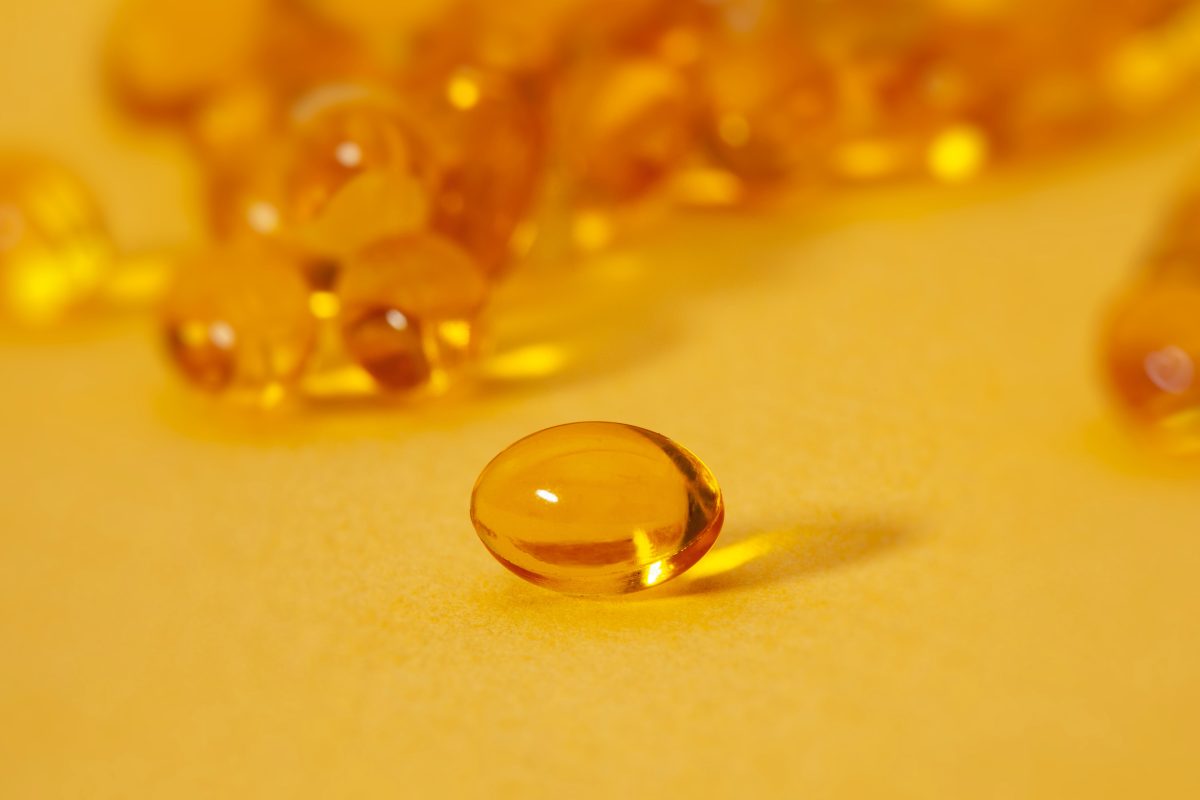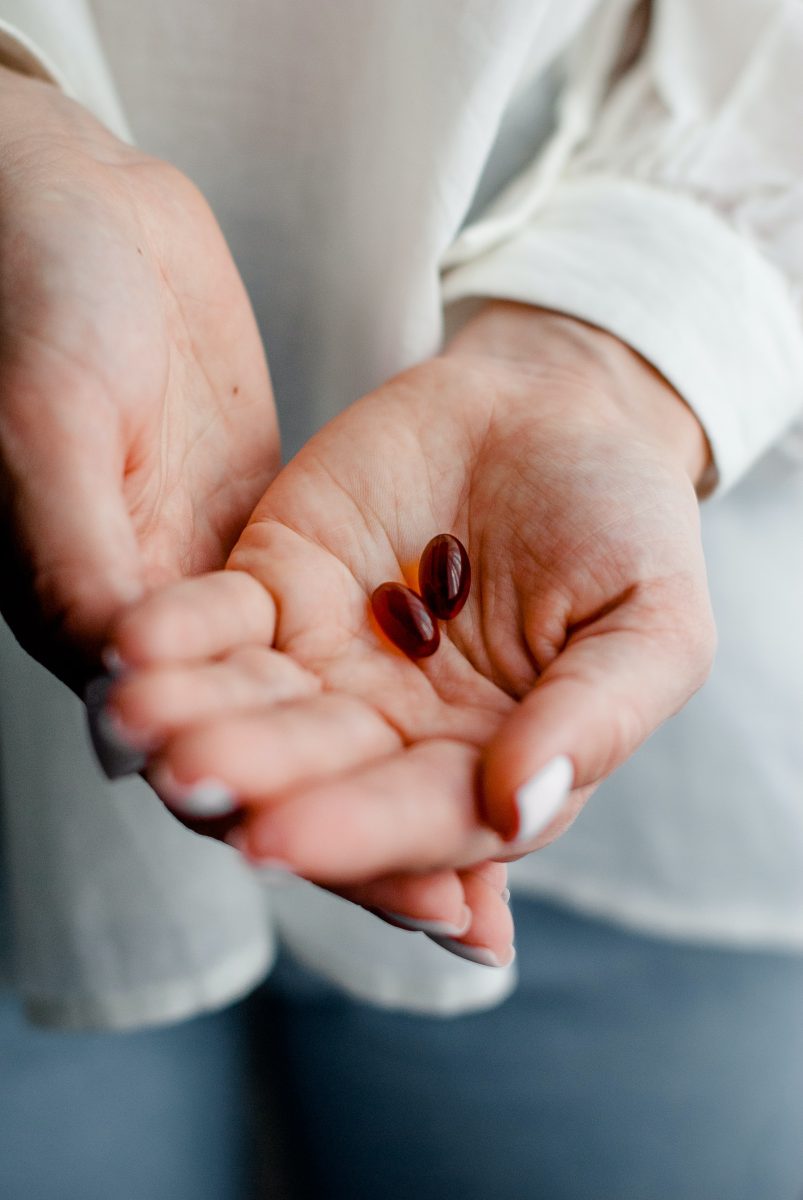Stress and anxiety are integral elements of the modern lifestyle. The pandemic has made the situation even worse. People have cooped indoors, and social isolation is a norm. Not surprisingly, mental wellness takes the front seat as a health concern. But most people fail to understand that nutritional deficiencies can cause stress, anxiety, and even depression. Just pinpointing them early and making up for them can take you a step closer to mental well-being. Here are some vitamin deficiencies you must take seriously as they can affect your moods and emotions.
Omega-3 fatty acids
An omega-3 fatty acid deficiency can be detrimental for your brain as these essential minerals reduce inflammation. They also affect brain function and influence memory and mood. While omega-3 occurs naturally in food sources such as salmon, tuna, halibut, flaxseeds, and walnuts, you cannot rely on them completely. Omega-3 fatty acid supplements can save you from depression, so start taking one daily.
Folate
Research shows that people with folate deficiency do not respond well to antidepressant treatment. Even if you get started with the treatment, you may still end up feeling sick and depressed. Most adults can do well with 400 mcg of folate daily, while pregnant women may need more. It is best to get a recommendation from a doctor for supplements for optimal intake. You can also load up on foods high in folates such as beans and legumes, dark leafy greens, and citrus fruits and juices,
Magnesium
Magnesium deficiency is common, and most people live with it without even a hint. It is regarded as the stress antidote because it induces relaxation and calmness for your brain. You can avail the nutrient from seaweed, greens, and beans, but it seldom suffices from food sources. Try a real vitamins supplement to get your recommended daily dose. The NIH recommends a daily intake of 400- 420 for adult men and 310-320 mg for adult women.
Vitamin D

Vitamin D is abundantly available from sunlight, but sadly, its deficiency is a major epidemic. Even worse, it is linked to mental health issues such as depression, dementia, and autism. You can expect your vitamin D levels to drop during the winter months when you get less sunshine. The best thing to do is adopt a supplementation regime, and you can get the ideal 5,000 to 10,000 IU every day.
B Vitamins
Vitamin B-6 and vitamin B-12 offer incredible health benefits, including healthy skin and nails and reduced stroke risk. They are also good for your mental health, and their deficiency can lead to depression. The food sources of vitamin B-6 include bananas, poultry, seafood, and leafy green vegetables. Vitamin B-12 is abundant in meat, fish, eggs, poultry, and milk. Adults often need supplementation, so make sure you get your levels checked and start early.
Mental health is crucial, and you should go the extra mile with it. The good thing is that ensuring mental well-being is easier than you think. Regular checks for deficiencies and timely supplem



